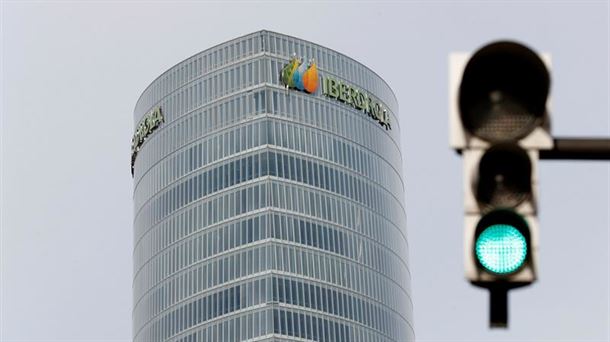Inflation has now completely hit households. Every sixth household must use a loan or overdraft to cover its fixed costs, and every ninth household cannot currently cover its fixed costs. At the same time, hopes for high wage agreements in the autumn wage round are low, while the loss of income due to the corona lockdowns has an after-effect, according to a study by the online platform durchblicker.at.
“In April, eight in ten households indicated that they had already felt the price increase, now it is more than 90 percent,” according to the price comparison platform. At the end of August/beginning of September, 1,700 people were interviewed. The Burgenlanders are the most concerned, while the Vorarlbergers are the most relaxed.
Three quarters of respondents want to save on restaurants
More expensive purchases such as motor vehicles, home renovations and longer trips are generally canceled in 55 percent of households. In everyday life, 77 percent of those surveyed reduced their spending on restaurants, 69 percent bought less clothes and 63 percent reduced their spending on travel. 60 percent would save on the car. Personal hygiene, health and education are at the bottom of the willingness to save.
Summer was already weak in sales
The will to save seems greater than the execution. In April, 91 percent said they would be cautious about spending on cars, clothing, restaurants, vacations and the like. Looking back, 70 percent would have spent even less than usual in the summer. Job seekers (64 percent), people on maternity/parental leave (47 percent) and people in training, including students (40 percent), are most affected by the loss of income.
In any case, the respondents do not expect much from the government: 52 percent indicate that the aid packages from the government will not be sufficient. Only seven percent remain optimistic and expect the financial situation to remain the same or improve. 19 percent of the respondents think that the unions will get through in the autumn wage round with wage demands of more than ten percent – just above the current inflation – 22 percent fear that a collective agreement will be concluded for less than six percent. The metal industry is currently negotiating the collective labor agreement (KV) 2023, trading will start next Tuesday with about 500,000 employees.
Source: Krone
I am Ida Scott, a journalist and content author with a passion for uncovering the truth. I have been writing professionally for Today Times Live since 2020 and specialize in political news. My career began when I was just 17; I had already developed a knack for research and an eye for detail which made me stand out from my peers.



